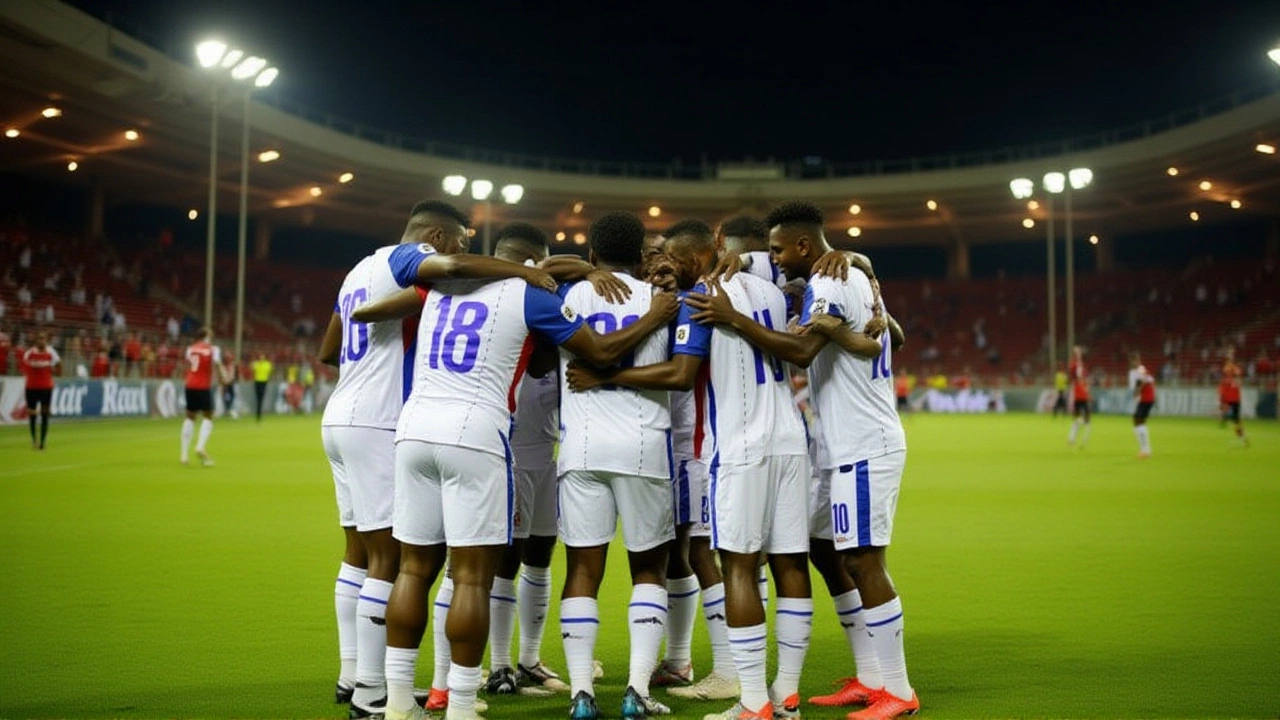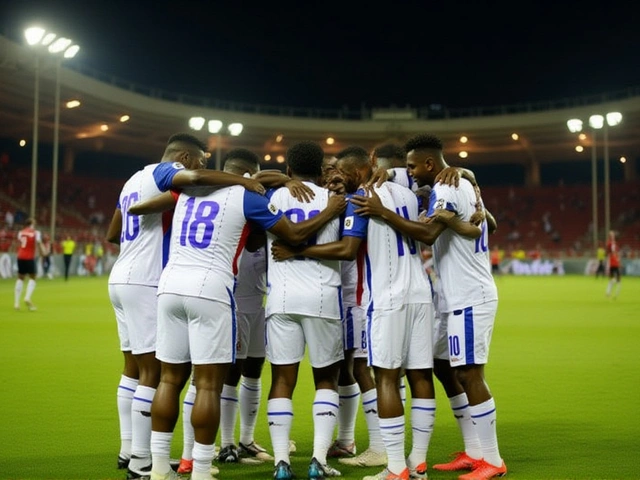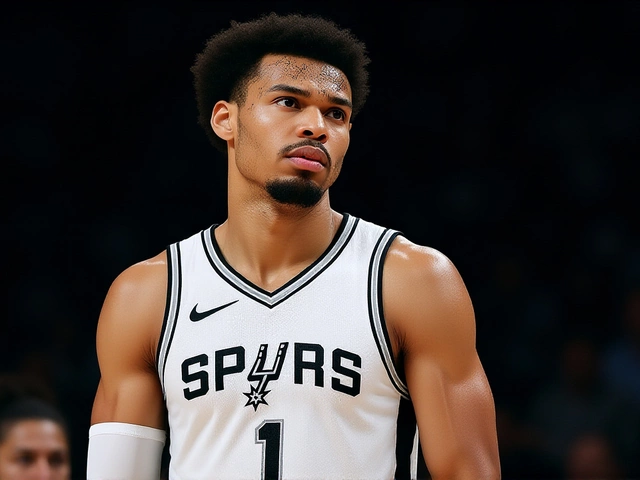On November 18, 2025, Haiti national football team — Les Grenadiers — did the impossible. In front of a stunned crowd at Stadion Ergilio Hato in Willemstad, Curaçao, they beat Nicaragua 2-0 to clinch a spot in the 2026 FIFA World CupNorth America, ending a 52-year drought that stretched back to their lone previous appearance in 1974. The win wasn’t just about football. It landed on the anniversary of the Battle of VertièresHaiti, the final battle of the Haitian Revolution — a symbolic echo that sent shivers through the diaspora. In a country where gangs control 80% of Port-au-Prince and international flights have been grounded since 2022, this was more than a victory. It was a lifeline.
A Team Without a Home
Haiti hasn’t hosted an international match on home soil since 2020. With violence spiraling after the 2021 assassination of President Jovenel Moïse and the collapse of state institutions, the national team has been forced to play all its "home" games abroad — mostly in Curaçao, just 500 miles from Haiti’s southern coast. Their coach, Sebastien Migne, a Frenchman who once managed French lower-league sides, has never set foot in Haiti since taking the job in 2023. "It’s impossible," he told France Football. "I usually live where I work. But here? There are no more international flights landing there. I sleep in hotels in Curaçao. That’s my home now." The squad is almost entirely foreign-based. Players like Jean-Ricner Bellegarde (Wolves), Danley Jean Jacques (Philadelphia Union), and rising star Wilson Isidor (Sunderland) are scattered across Europe and North America. Jean Jacques, who scored six goals and added three assists in 26 appearances, missed the decisive match due to yellow card accumulation — a cruel twist. Isidor, born in France to Haitian parents, is still deciding his national allegiance. "I’ve played with and against the French team," he told L’Équipe. "But Haiti called me. It’s a dream. I haven’t said no. But I’m not ready yet."The Path to History
Haiti entered the final matchday of CONCACAF third round Group C tied with Honduras on points. A win, coupled with a Honduras loss or draw, would send them through. They got the win. Honduras, meanwhile, fell 1-0 to Costa Rica — a result that stunned the region. Haiti’s 2-2-1 record (W-D-L) was enough to edge out Honduras on goal difference. Their 1-0 upset over Costa Rica in October was the first time Haiti had ever beaten them in World Cup qualifying. Frantzdy Pierrot scored the winner. Goalkeeper Johny Placide made six saves — a quiet hero in a storm.Nicaragua, who had shocked everyone by beating Honduras 2-0 earlier in the campaign (their first win over them since 1965), entered the match with just one win in five games. They fought hard, but Haiti’s defense held firm. Goals from substitute striker Jhonny Rios and veteran defender Jean-Philippe Caillet sealed it. The final whistle didn’t just mean qualification. It meant survival — for the team, for the nation.
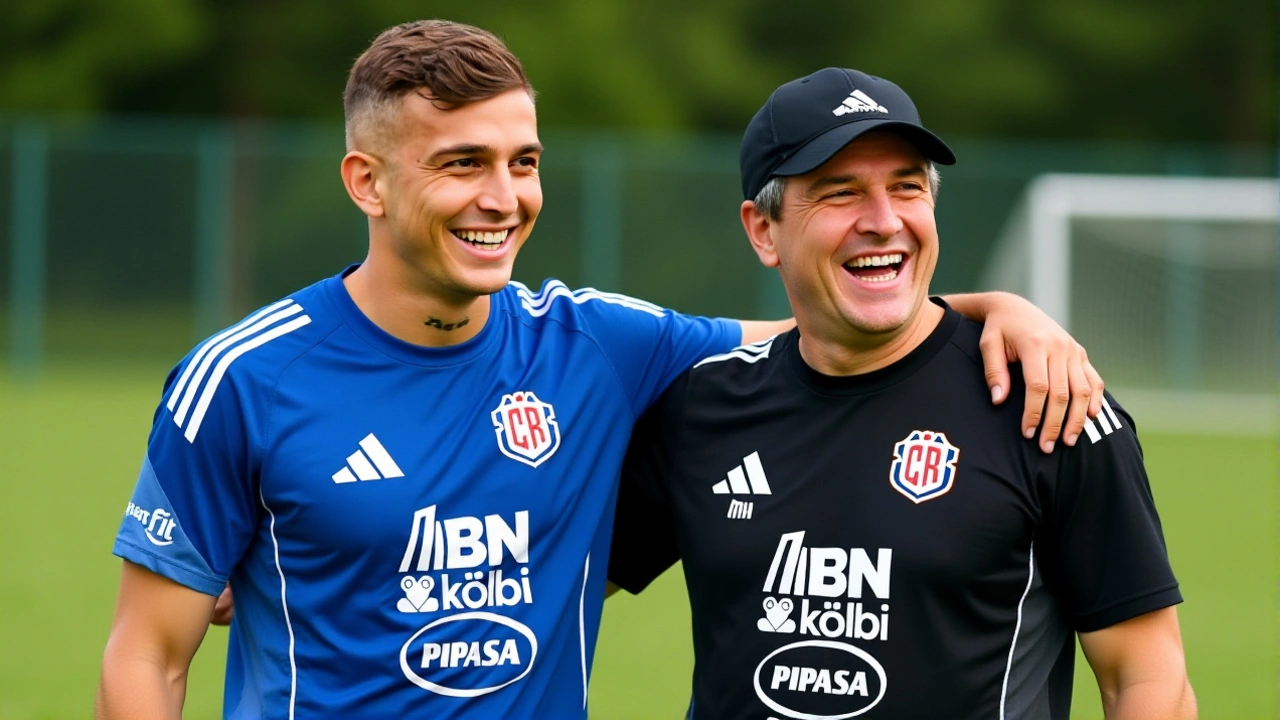
When the Streets Celebrate
Even as gunfire echoed in Cité Soleil and gangs blocked roads in Port-au-Prince, people gathered. In the capital, where electricity flickers and water is rationed, fans danced in the dark, waving flags made from bed sheets. Photographs by Associated Press’s Odelyn Joseph showed mothers holding children aloft, elders weeping, young men screaming into the night. One man held a sign: "We lost everything. But not our pride." The Haitian diaspora in Florida — home to over 300,000 Haitians, the largest outside Haiti — erupted. Miami’s Little Haiti district lit up with fireworks. Bars played the national anthem. A local Haitian radio station, Radio Kiskeya, broadcast live from the streets. "This isn’t just football," said 68-year-old Pierre Jean-Louis, who fled Port-au-Prince in 1991. "This is us saying: we’re still here."What’s Next?
The draw for the 2026 FIFA World CupNorth America will happen on Friday, December 5, 2025, at 12:00 PM ET. Haiti will be placed in Pot 4, likely facing a powerhouse like Brazil, Spain, or Germany. They’ll need to be smarter, tougher, and more resilient than ever. But they’ve already proven they can defy odds.Meanwhile, Curaçao — who qualified by drawing Jamaica 0-0 — and Panama — who crushed El Salvador 3-0 — also punched their tickets. Curaçao’s squad is built on Dutch diaspora talent, a model Haiti may soon emulate. The FIFA has already granted Haiti permission to recruit more overseas-born players under its diaspora policy — a lifeline for a nation with no domestic league to speak of.
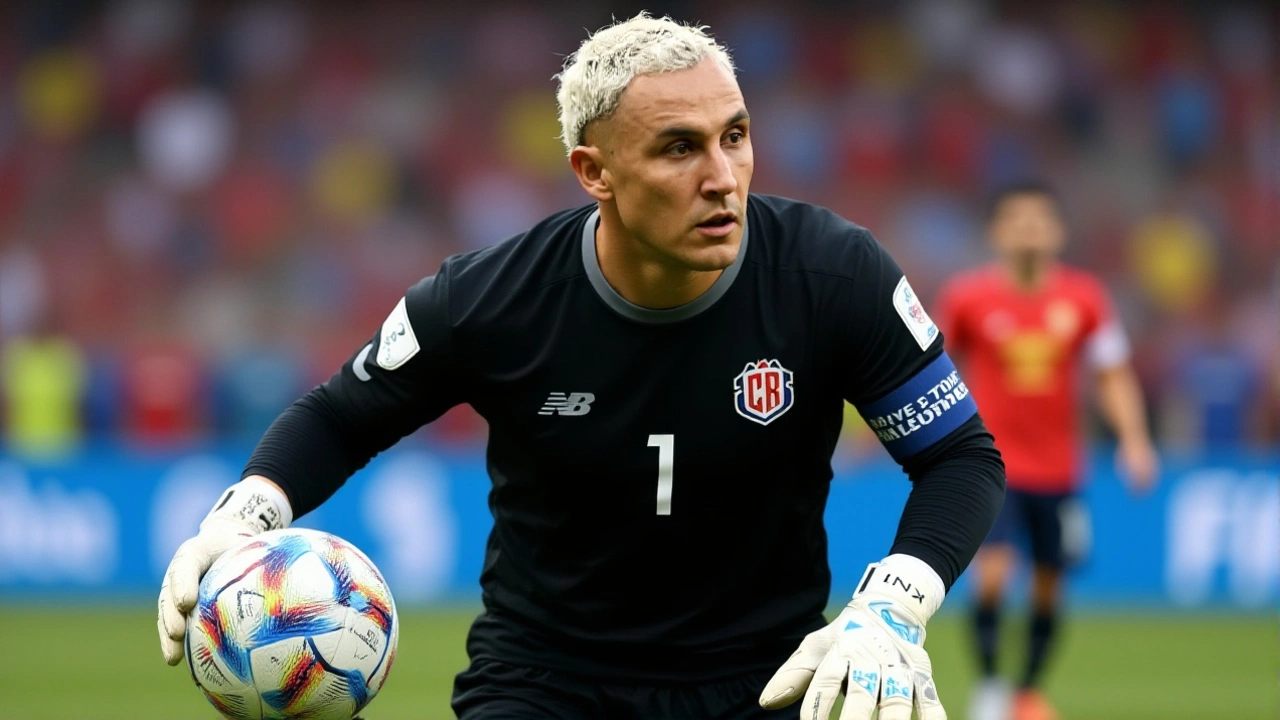
A Nation’s Mirror
Haiti’s World Cup run didn’t fix its problems. Gangs still rule. Hospitals still lack medicine. Children still go to bed hungry. But for 90 minutes on November 18, the world saw something else: a people united by rhythm, by pride, by a ball. In a country where hope is often rationed, football gave them something they hadn’t had in years: a reason to believe.Frequently Asked Questions
How did Haiti qualify for the 2026 World Cup despite not playing at home?
Haiti played all its "home" matches in Curaçao due to extreme security risks in Haiti since 2022. They finished second in CONCACAF Group C with a 2-2-1 record, edging out Honduras on goal difference after a 2-0 win over Nicaragua on November 18, 2025. Their qualification was sealed when Honduras lost 1-0 to Costa Rica on the same day, giving Haiti the edge despite having fewer wins than Honduras.
Why is the 2026 World Cup qualification so meaningful for Haiti?
It’s the first time Haiti has reached the World Cup since 1974 — a 52-year gap — and it happened amid the worst civil unrest in modern Haitian history. With over 4,500 people killed in gang violence since 2022 and no functioning government, the team’s success became a rare symbol of national unity. The win coincided with the anniversary of the Battle of Vertières, the final battle of Haiti’s revolution, deepening its emotional weight.
Who are the key players on Haiti’s 2026 World Cup squad?
The squad is dominated by overseas-based players: Jean-Ricner Bellegarde (Wolves), Danley Jean Jacques (Philadelphia Union), and Wilson Isidor (Sunderland) are key figures. Goalkeeper Johny Placide, who recorded six saves in the win over Costa Rica, anchors the defense. Most players were born in France, the U.S., or Canada, reflecting Haiti’s reliance on its diaspora.
Can Haiti realistically compete in the 2026 World Cup?
Haiti is ranked 83rd globally by FIFA as of April 2025, placing them among the lowest-ranked qualifiers. They’ll likely face giants like Brazil or Spain in the group stage. But football is unpredictable — Haiti beat Costa Rica and nearly toppled Honduras. With disciplined defense, counterattacks, and the emotional boost of a nation behind them, even a single point would be historic. Their real victory is already in the door.
What role did the Haitian diaspora play in this qualification?
The diaspora was essential. Players were recruited from Europe and North America, and the Haitian Football Federation received FIFA approval to register overseas-born athletes. Financial support from Haitian communities in Florida, Canada, and France funded travel and training. In Miami and Montreal, fundraisers raised over $2.3 million for the team’s campaign. Without the diaspora, Haiti’s squad wouldn’t exist — and neither would their World Cup dream.
What’s the next step for Haitian football after this qualification?
The federation is pushing for FIFA to fund a national training center outside Haiti, possibly in the Dominican Republic or Curaçao. Long-term, they aim to rebuild domestic youth academies once security improves. For now, the focus is on preparing for the World Cup draw on December 5, 2025, and ensuring players remain eligible. This isn’t just about one tournament — it’s about planting seeds for a future Haiti can believe in.
